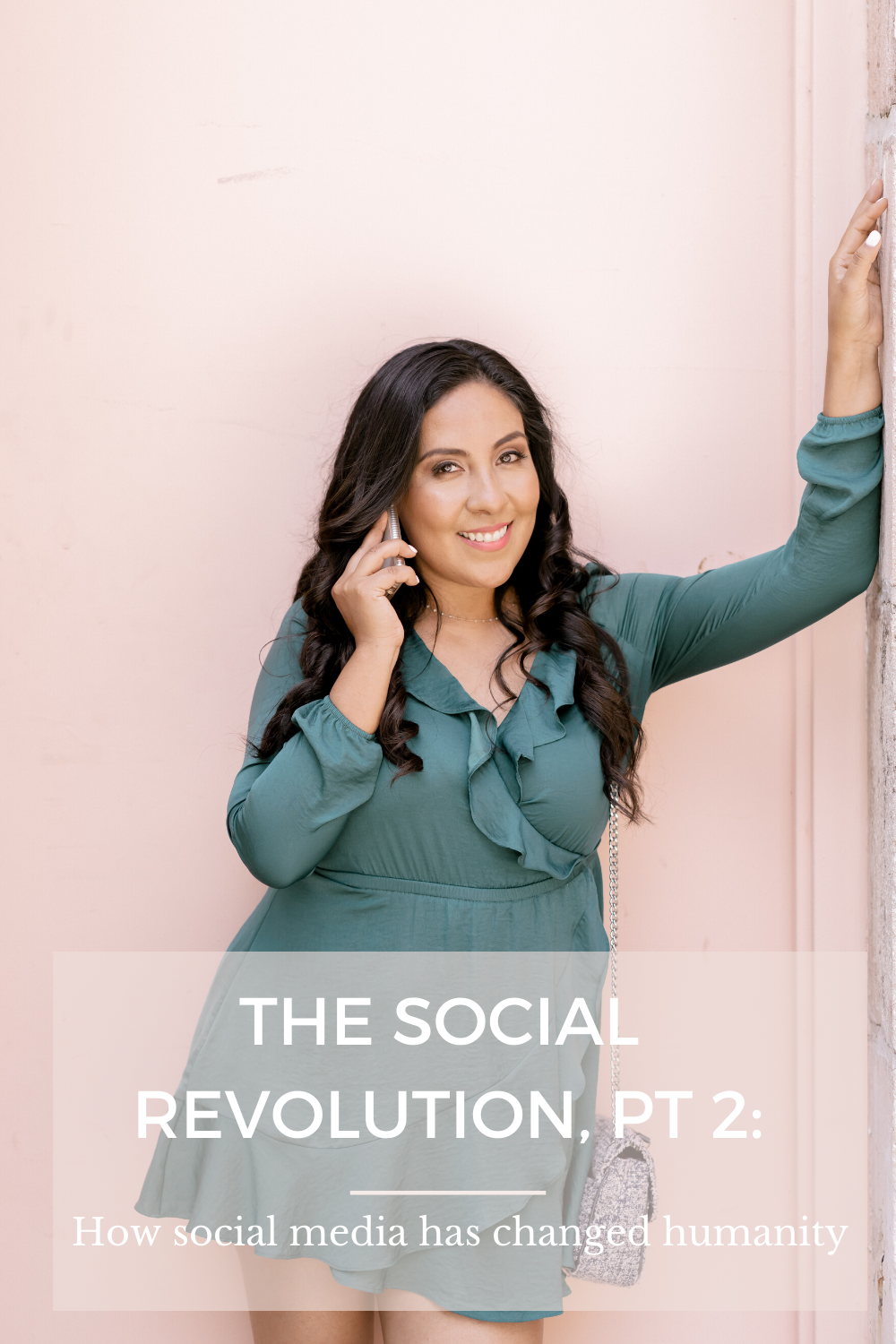

MySpace, founded in 2003 and considered to be the foundation upon which social media was built, would have turned 18 this past August had it not gone offline in 2019.
While social media is relatively new in human history, it has become a part of daily life for people around the globe. Most of us will check Facebook last thing before drifting off to sleep and then check our LinkedIn or Pinterest feed first thing in the morning, before even thinking about getting out of bed to start the day.
As of 2019 and 2020, the average daily social media usage of internet users worldwide amounted to 145 minutes per day, making up about 10% of each and every day. In this article, we’ll take a deeper dive into what that 10% means to humans, in terms of our behaviors, interactions, and even desires.
What impact does social media have on human behavior?

Social media is not going anywhere soon and it is easy to believe there will be new platforms in the near future.
Posting that perfect headshot on Instagram shows your influence, but neuroscientists like Andrew Huberman suggest that we may be rewiring our brains by consuming so much social media as seen in a recent viral video entitled, “Never Do This In The Morning”.
While it might be difficult to hear, Huberman suggests not using your phone for the first hour of the day, noting that rich sensory experiences, like scrolling through TikTok, immediately after waking up interrupts a part of our sleep pattern in which emotional and logistical data of our day-to-day lives are processed in a way he refers to as “receive the download”.
If you do check your feeds before getting out of bed you are not “receiving the download” and missing the information that you processed during the night, some of which is emotional, a sort of, “…internal form of therapy or even trauma therapy.” says Huberman. While that sounds like a lot, it basically means that you can be feeling a sort of emptiness from overstimulation of dopamine (the happy drug in your brain) from consuming social media and maybe taking a break from Twitter throughout the day, like some people are doing, might help you retrain your brain so you can keep getting your scroll on.
Ways social media has changed the world

Facebook’s net worth is $1,001B. Instagram is $102B. TikTok and Twitter both net about $50B each. That’s a total of $1,203B for anyone keeping tallies, and those numbers show how social media has become an industry. Social media always intended to keep us connected, but it has grown to create new forms of entertainment, and from that, new celebrities, and even changed the way people find housing as well as buying and selling personal items.
Here are some of my favorite ways social media has changed the world:
The way we think about charities

Remember The Ice Bucket Challenge which took donations for ALS in 2014? The challenge raised $220M from donations around the world. There is an emerging trend of influencers posting themselves helping less fortunate persons and promoting kindness. This growing segment of people helping for good causes and giving back to their communities is the shining gem of social media. #BeNice
The way we think about working

YouTube stars, content creators, Instagram models, and influencers; these .com’s are creating jobs, some of which never existed before. More kids today want to be TikTokers than they do astronauts, which makes sense!
Kids who grow up watching internet stars like Ryan’s World, which is worth over $32M, and they want to be the future stars of next year’s internet. The future of social media is new and exciting and it’s only going to keep changing the way we interact with each other.
Social media has definitely changed our world in a lot of great ways, and while taking a break once in a while might help you recharge your fun batteries, there is no doubt that this is an industry that will only continue to keep growing and evolving.
Contact me today! Or Follow my IG @kristinamaness for more information like this.
